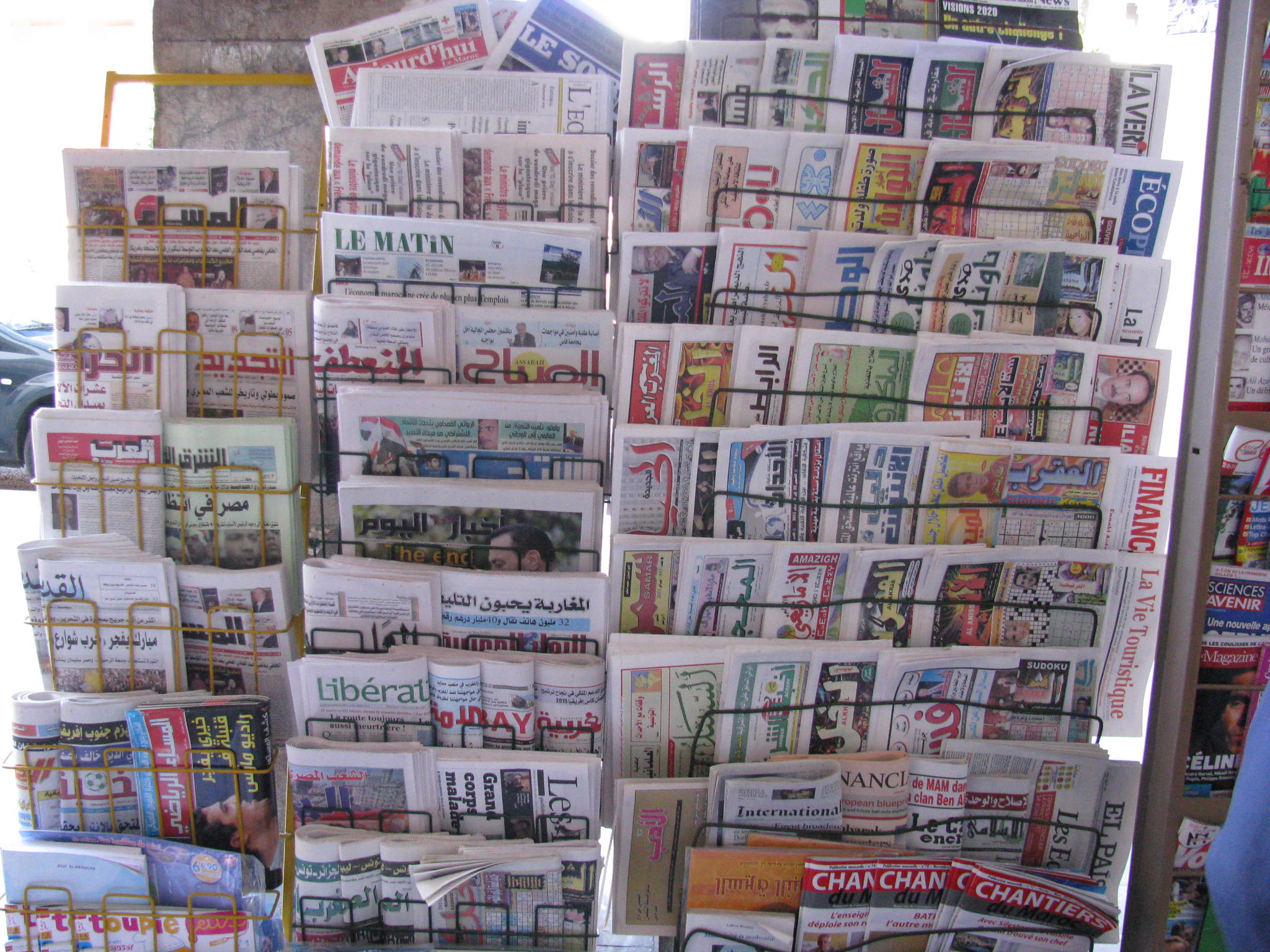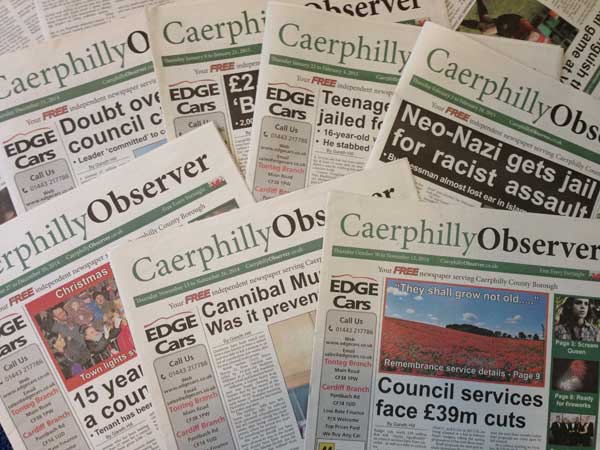 The recent violence following Kenya’s elections was a profound challenge to journalism in and about Africa. On the one hand there were accusations that foreign media were exaggerating the violence and simplifying a complex political struggle into cliches about tribal hatred. On the other hand there were fears of a Rwanda-style media hate campaign fanning the flames of community conflict. Now James Dean, a highly-respected “media for development” analyst at the BBC World Service Trust has published a report on all aspects of the media and the Kenya crisis.
The recent violence following Kenya’s elections was a profound challenge to journalism in and about Africa. On the one hand there were accusations that foreign media were exaggerating the violence and simplifying a complex political struggle into cliches about tribal hatred. On the other hand there were fears of a Rwanda-style media hate campaign fanning the flames of community conflict. Now James Dean, a highly-respected “media for development” analyst at the BBC World Service Trust has published a report on all aspects of the media and the Kenya crisis.
Polis is launching a major programme of debate and research on media and humanitarian and development communication next year, so this work is highly relevant to us.
 Dean and his co-author Jamal Abdi have talked to a lot of people inside Kenya. They give a very balanced and thorough account of the mistakes, problems and successes of journalism during that dangerous period. It deals with some big issues in international media that go way beyond Kenya:
Dean and his co-author Jamal Abdi have talked to a lot of people inside Kenya. They give a very balanced and thorough account of the mistakes, problems and successes of journalism during that dangerous period. It deals with some big issues in international media that go way beyond Kenya:
- How do you encourage local media without it being used for propaganda or hate speech?
- How can foreign media convey the complexity of a crisis without making it worse?
- How can you support public service media without the state taking it over?
- How do you promote media diversity without fostering community fragmentation?
The report concludes that “the problem is not an excess of media freedom but a lack of it”. That’s braver than it sounds. Too often aid agencies and governments end up accepting a decline in media freedom as the price to be paid for keeping the lid on things. History tells us that that is a recipe for an eventual explosion.
On specific issues the report found:
- That local language radio stations used inflammatory language and stimulated violence, partly because presenters lacked any basic training.
- Community media is tiny but it emerged with great credit for taking a more positive role
- Kenya’s public broadcaster failed to be balanced and independent
- Media monitoring worked well, but is still too haphazard
- International coverage was accused of sensationalising the conflict but organisations such as BBC and Al Jazeera claimed to have offered a very full and nuanced picture
 There is a wealth of interesting data and opinions in this report. Kenya has just about the most advanced media market on the continent outside of South Africa. But the impression I get from this report is that everyone had become complacent. This crisis exposed deep inadequacies in Kenya’s media from the grass-roots to the national. As one Kenyan journalist told the authors:
There is a wealth of interesting data and opinions in this report. Kenya has just about the most advanced media market on the continent outside of South Africa. But the impression I get from this report is that everyone had become complacent. This crisis exposed deep inadequacies in Kenya’s media from the grass-roots to the national. As one Kenyan journalist told the authors:
“Had we played our role as journalists perhaps hundreds of people would not have died”
Contact us at polis@lse.ac.uk if you wish to find out more about our programme of work on humanitarian and development communications.





interesting study there, i believe apart from mainstream media the blogosphere was an influence bot h for the good and bad during Kenya post election crisis